
Objective
Silicon chips and relevant technologies have become an integral part of our lives. They are vital for kickstarting the new technological boom and sustaining the green and digital transition. However, chips are insufficient on their own.
A dramatic increase in the domestic production of semiconductors requires a dramatic increase in the number of workers producing them. Boosted by the EU Chips Act and the relevant investment plans, the European workforce in the semiconductor sector is expected to rise from around 300k in 2022 to more than 500k in 2030.
Over 200k new workers will need to be employed in the industry, meaning some workers will need to be re-skilled, others redeployed, and the number of graduates increased.
To address the skills shortage in Europe, all the stakeholders within the semiconductor industry need to be part of the discussion. This includes industry, academia, vocational providers, national and regional governments, labor unions, industrial associations, education service providers.
With this objective in mind, the Working Group on Skills aims to bring together all relevant actors working on enhancing the European talent pool and deliver recommendations and common actions that will reduce the talent gap.
How do we work
The Working Group on Skills is meeting on a monthly basis to discuss the next actions and deliverables addressing the identified challenges.
All members work on equal footing and are supported by the European Commission and ALLPROS.eu as the Secretariat of the Industrial Alliance. The Working Group is led by the two elected co-chairs: SEMI Europe and EIT Digital, who provide guidance and moderate the discussions.
If you are already a member, you can access all the working documents in the private area for members.
Access Member AreaIf you are interested in joining the Working Group, please first submit your application to the Industrial Alliance.
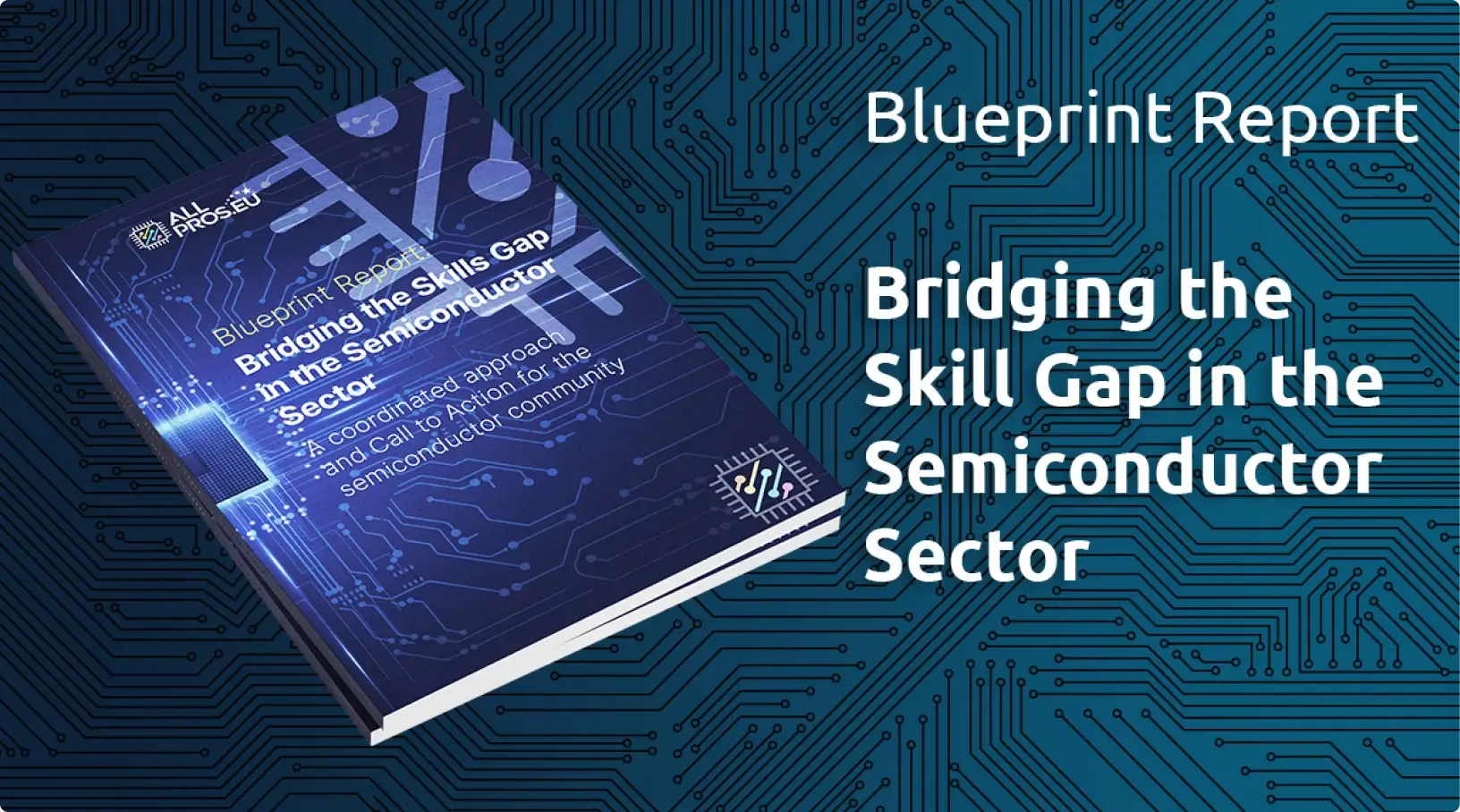

 University of Bordeaux
University of Bordeaux
 Axelera AI
Axelera AI
 Luxembourg Institute of Science and Technology (LIST)
Luxembourg Institute of Science and Technology (LIST)
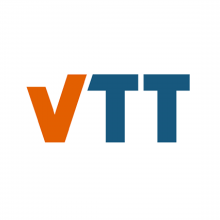 VTT Technical Research Centre of Finland Ltd
VTT Technical Research Centre of Finland Ltd
 NXP
NXP
 European Semiconductor Industry Association
European Semiconductor Industry Association
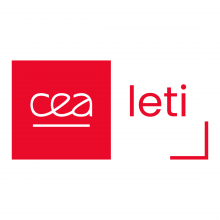 CEA-Leti
CEA-Leti
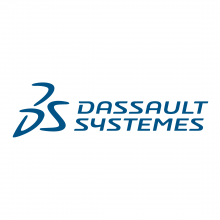 Dassault Systèmes
Dassault Systèmes
 STMicroelectronics
STMicroelectronics
 SiPearl SAS
SiPearl SAS
 Robert Bosch GmbH
Robert Bosch GmbH
 AMETIC
AMETIC
 Fraunhofer-Gesellschaft
Fraunhofer-Gesellschaft
 Alcyon Photonics
Alcyon Photonics
 AMD
AMD
 WOOPTIX S.L.
WOOPTIX S.L.
 Région Nouvelle-Aquitaine
Région Nouvelle-Aquitaine
 TELEVES CORPORATION
TELEVES CORPORATION
 TIM Telecom Italia
TIM Telecom Italia
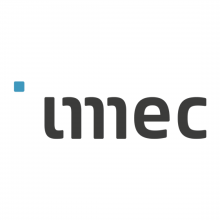 Interuniversitair Micro-Electronica Centrum vzw
Interuniversitair Micro-Electronica Centrum vzw
 Infineon Technologies AG
Infineon Technologies AG
 EIT Digital IVZW
EIT Digital IVZW
 SEMI Europe
SEMI Europe
 Intel Corporation
Intel Corporation
 ASML
ASML
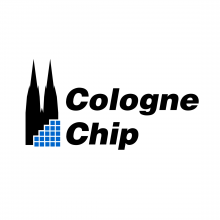 Cologne Chip AG
Cologne Chip AG
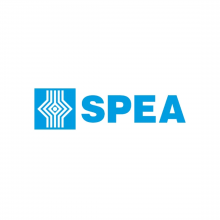 SPEA Spa
SPEA Spa
 INSIDE Industry Association
INSIDE Industry Association
 Opaix
Opaix
 NOKIA
NOKIA
 INESC Microsistemas e Nanotecnologias (INESC MN)
INESC Microsistemas e Nanotecnologias (INESC MN)
 Nanores
Nanores
 Tekscend Photomask
Tekscend Photomask
 Kalray
Kalray
 AENEAS
AENEAS
 Melexis
Melexis
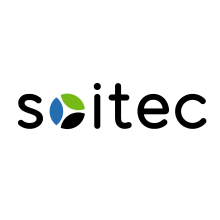 Soitec
Soitec
 The LEGO Group
The LEGO Group
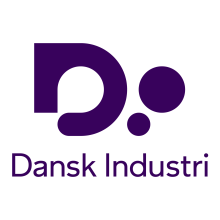 Confederation of Danish Industry (DI)
Confederation of Danish Industry (DI)
 Tokyo Electron
Tokyo Electron